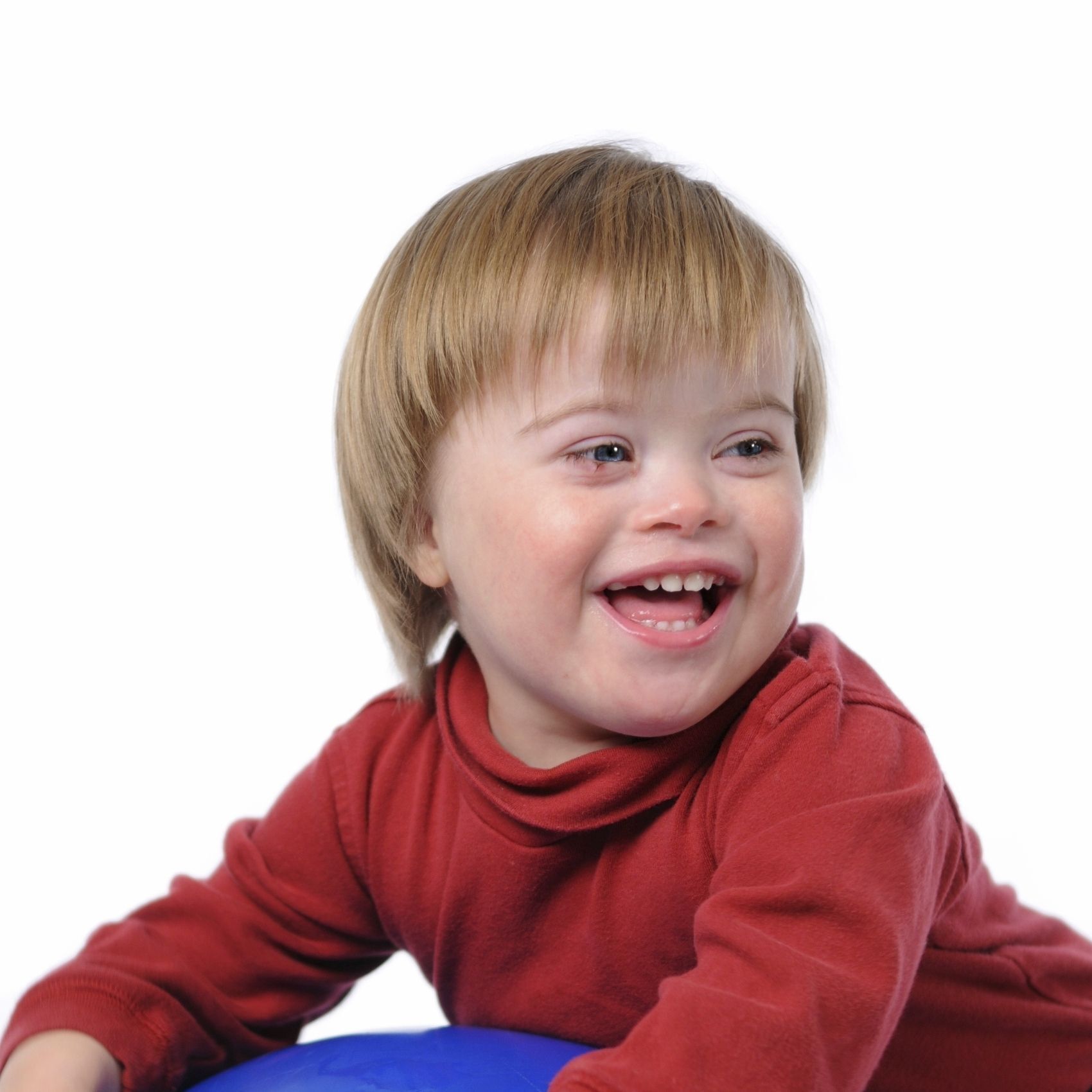The CDC defines disability as any condition of the body or mind (impairment) that makes it more difficult for the person with the condition to do certain activities (activity limitation) and interact with the world around them (participation restrictions).
An intellectual disability is a term used when there are limits to a person's ability to learn at an expected level and function in daily life.
A developmental disabilities are a group of conditions due to an impairment in physical, learning, language, or behavior areas.
Disability Fast Facts:
- 26% of adults in the United States have some sort of disability
- 20.6% of the labor force have a disability
- On February 26, 1987 President Ronald Reagan officially declared March National Disabilities Awareness Month
- Some disabilities are inherited, some occur naturally, some are caused by injuries, some are caused by illnesses or diseases; but ALL people with disabilities deserve rights, fair treatment, and the ability to dictate their own lives
- The Americans with Disabilities Act was passed in 1990 to offer protections for those with disabilities. If you think your ADA rights have been violated, you can file a complaint at https://www.ada.gov/file-a-complaint/ and reach out to Disability-focused organizations for advocacy assistance

